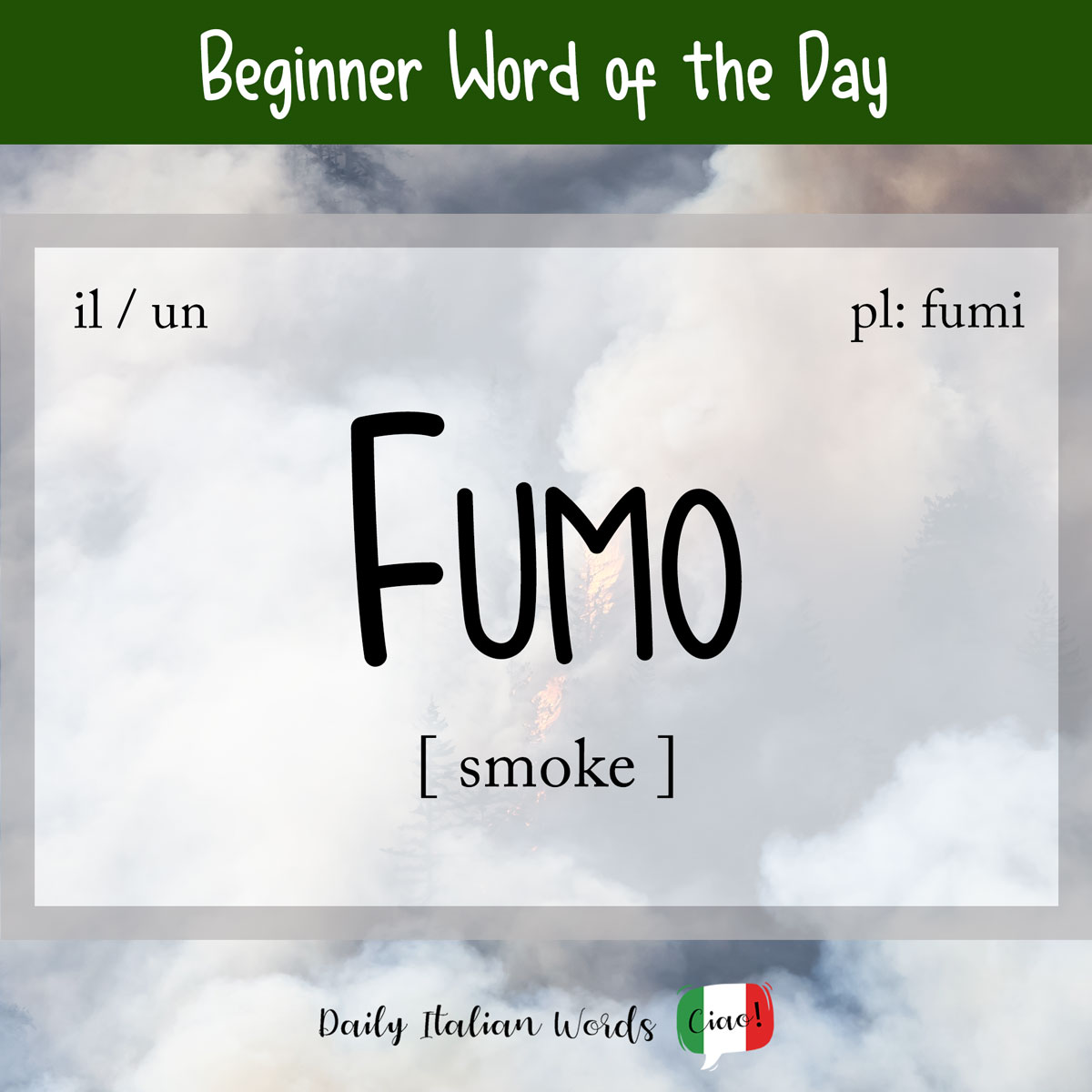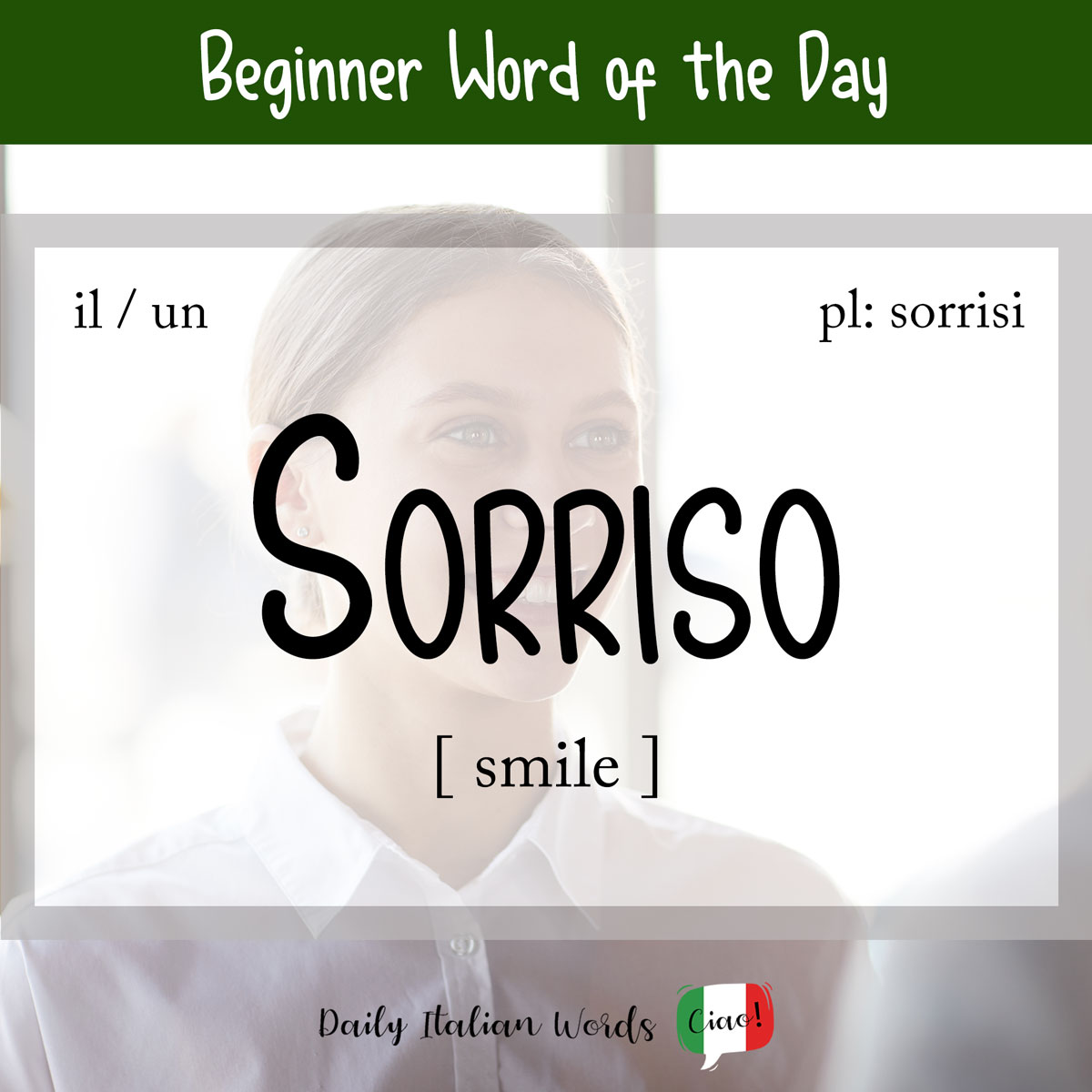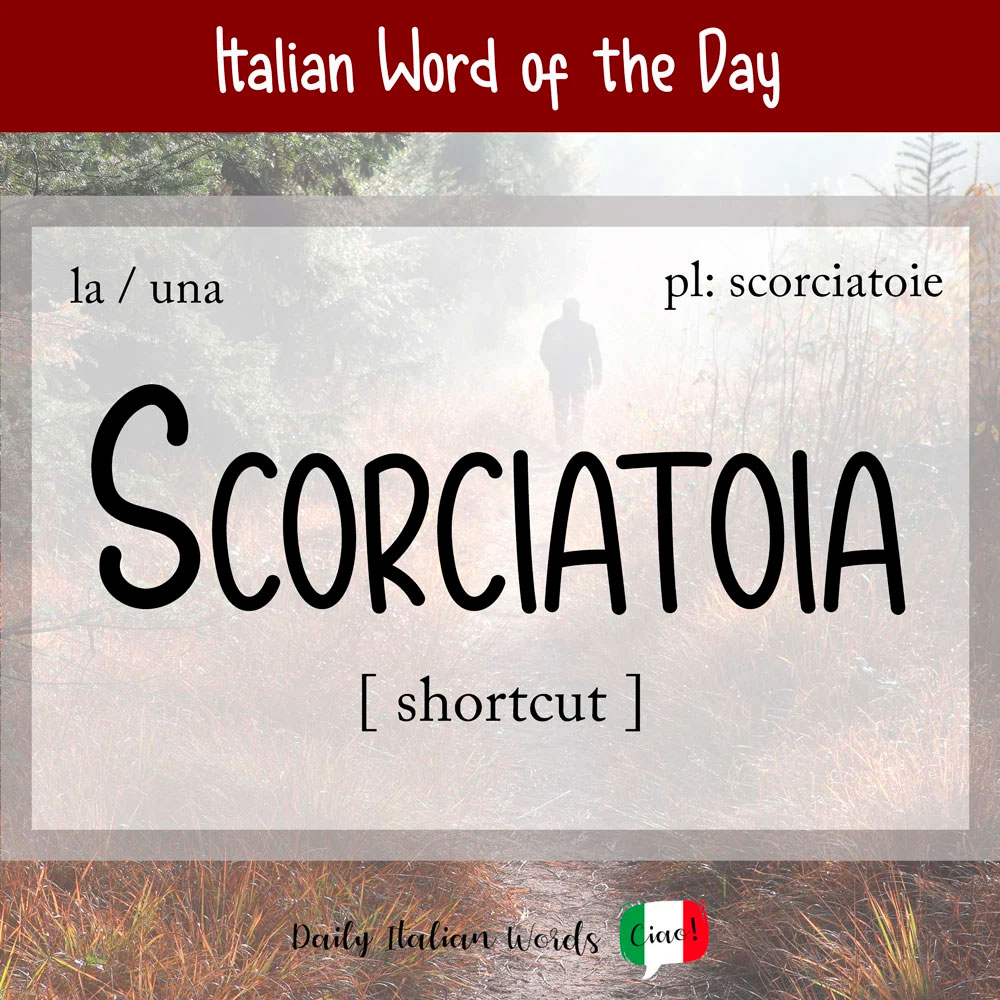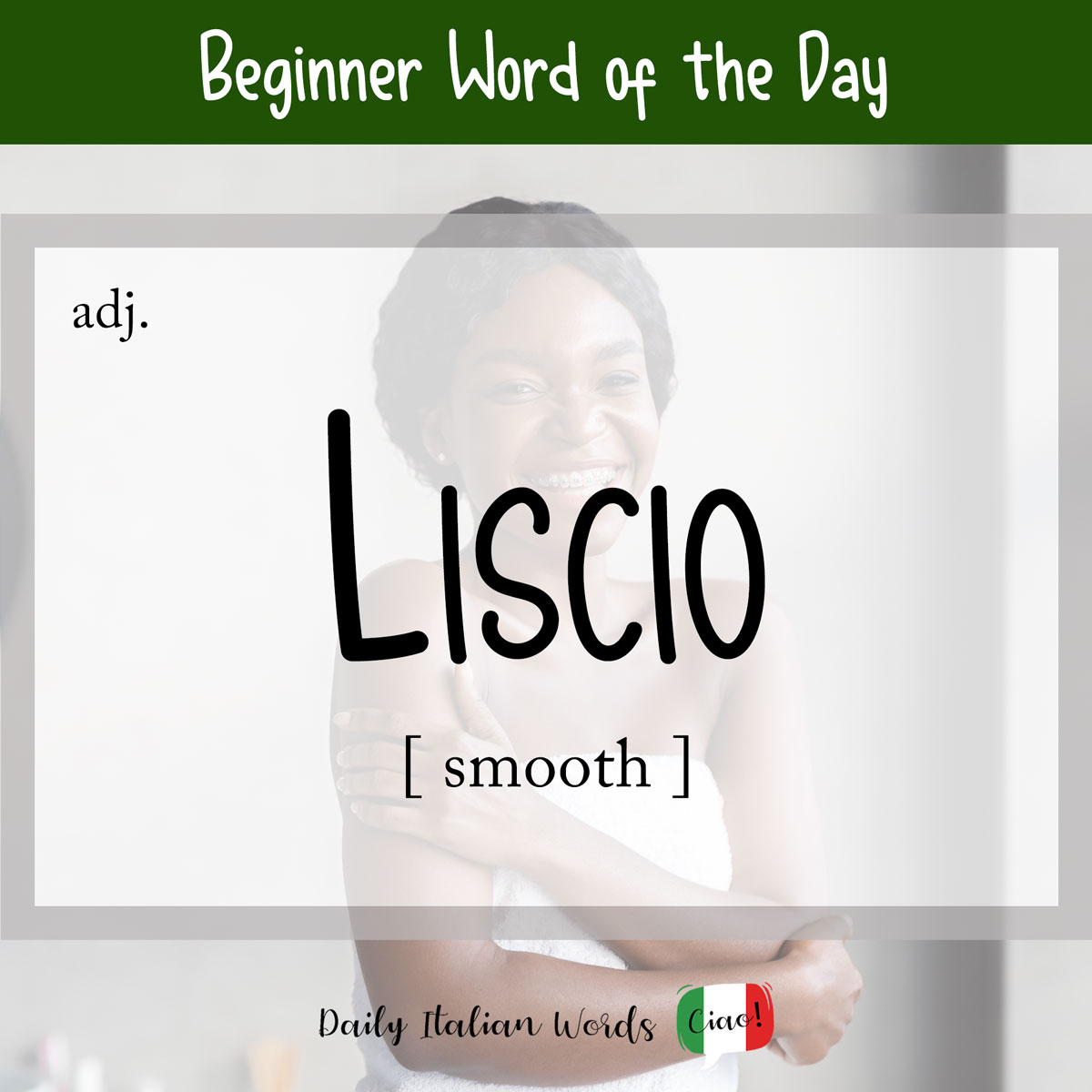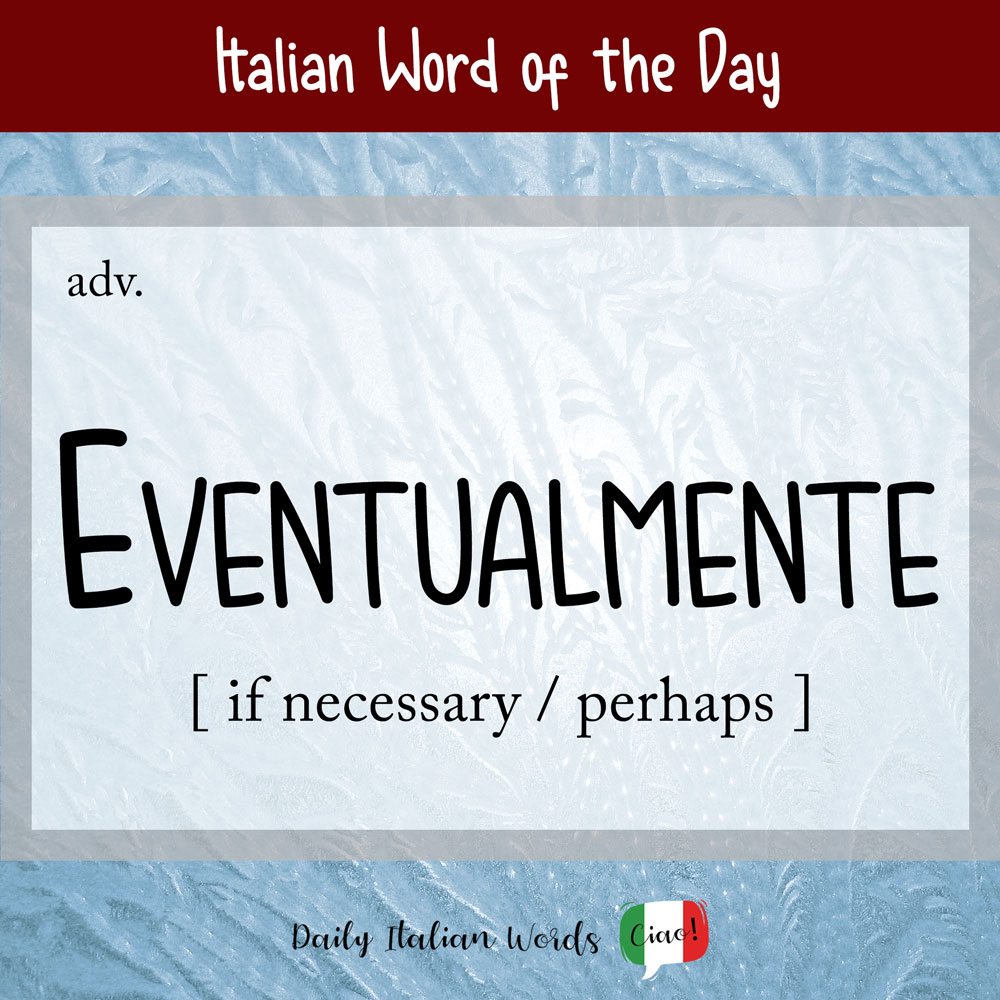Italian Word of the Day: Bivio (crossroads)
The word for crossroads in Italian is bivio (masculine, plural: bivi). Like the English equivalent, bivio has both a literal and figurative meaning. In the literal sense, it refers to the place where two roads meet, whereas in the figurative sense, it denotes the point at which a crucial decision, which will have significant consequences, …


